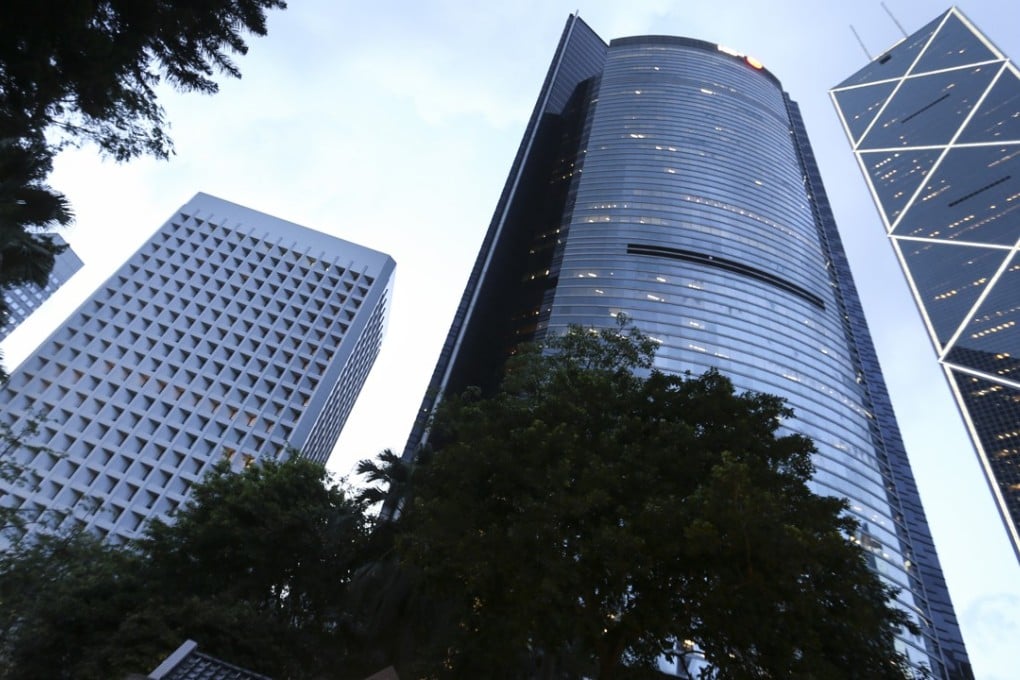Office decentralisation trend in Hong Kong continues but rents remain high

Even as more companies relocate their offices away from Hong Kong’s central business district to escape high costs, rents in Central have climbed back up to their 2008 peak levels driven by sustained demand from mainland Chinese corporates and a tight vacancy situation.
According to the midyear Hong Kong property review published by real estate services firm JLL, the demand for Grade A offices in the first half of this year was focused outside of Central. But leasing demand in Central was still largely underpinned by mainland Chinese financial firms expanding and setting up operations – they accounted for 50 per cent of all new lettings in the first half.
This trend drove rentals in the CBD area up 3.6 per cent to HK$116.4 (US$14.88) per square foot, on par with the record high levels seen in 2008.
“Not only Chinese corporates, but anybody who wants to make a presence in Hong Kong wants to be in the major financial centre of Central,” said Alex Barnes, regional director and head of Hong Kong markets at JLL. “Until they get both the recognition in Hong Kong and the size and scale, it is still worth it to pay for a high rent 10,000 sq ft office in Central to demonstrate that they belong in this market.”
The latest mainland Chinese tenants in Central include CMB International Capital Corporation, which is leasing 30,000 sq ft at Three Garden Road, and Bank of Communications, which has taken a lease for 10,100 sq ft at the Man Yee Building to accommodate its expansion plans.